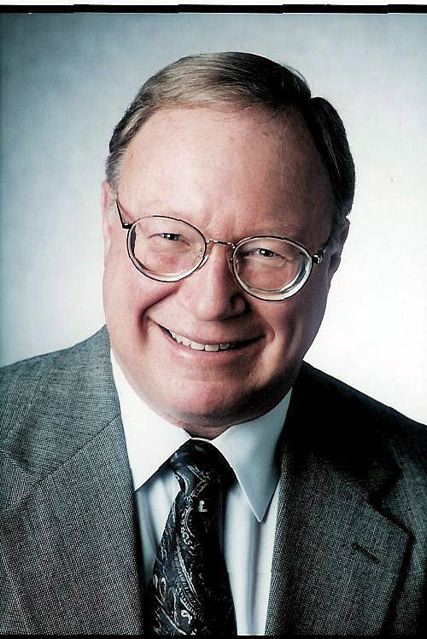Interview with leisure development consultant Nick Winslow by Judith Rubin, InPark co-editor
What are you currently working on?
A mixed-use project in Wuqing, China combining residential, retail, theme park and some IP. Assuming some things fall into place there should be an in the course of the next 6 months.
Who are you working with and what is your role?
I’m strategic adviser to Symmetry Property Development, LLC. They know China, finance and real estate; I know attractions. Also on the team are Wyatt Design and Pro Forma Advisors.
Can you tell us anything else about the Wuqing project at this stage?
The retail portion could be interesting and significant; attractions will be integrated into the retail areas, as well as being within a gated facility. An ancient temple complex that is part of the site will also be incorporated in some way.
What does it take to succeed with a project of this scale?
There are, of course, the basics such as strong location and potential market, but there are also three critical things required to do a significant commercial project nowadays and they hold true for pretty much all markets, including Asia.
First, you need the complete commitment and support of government at the highest levels – a combination of political stability and political will. Direct public funding may be unrealistic but provision of infrastructure, (roads, power, etc.) expedited entitlement procedures, tax incentives, etc. are reasonable requests.
Second, you need reasonable land costs. In Asia and Europe, the underlying value of raw land is generally above what commercial attractions can support. Land owners often want to charge commercial rates for theme parks, making them unfeasible. To overcome this problem, many projects, particularly in China, are large mixed-use ventures where the land costs are allocated on the basis of residual value based on land use. The slowing housing market in China may have a negative impact on this approach.
Third, you need access to capital. Most commercial banks will not provide funding in the initial stages of a project and corporate sponsors will not provide significant front-end capital. The protagonist of a major commercial attraction venture needs access to significant risk capital or the project will die during the design process.
You were primary on the team that created the USA Pavilion for Shanghai Expo 2010. Do the principles you just outlined apply there?
Yes – I could add that the lack of front-end funding severely limits how the US participates in world expos. As you know, US law prohibits the use of federal funds for national pavilions. As a result, the State Department contracts with non-profit groups to fund, design, build and operate its pavilions. No front-end funding is available for design competitions, program and operational planning, sponsor solicitation, etc. In my opinion, the current policy regarding funding needs to be revised to provide some public seed money if the US is to seriously participate in world expos.
Taking a more general view, what are the international opportunities for our industry?
China of course will continue to develop, having reached a threshold in the number of middle-class citizens with sufficient disposable income to patronize theme parks. I believe Turkey will likewise become a good market, with similar conditions. The market in Dubai also continues to be promising – although on a wholly different basis – and the development community is committed and serious. I look forward to seeing how the 2020 world expo comes together in Dubai. Russia is complicated, but something will happen there. The big unknown is India. India has real estate, land, entitlements, finance, and a huge increase in middle class, but not quite enough disposable income, and at the senior level, the government commitment has yet to happen. Culturally they have some incompatibilities with this kind of entertainment.
As an independent leisure industry consultant, Nick Winslow works as adviser and owner’s rep to a wide range of commercial recreation projects. Clients include Village Roadshow and Warner-Village Parks, Empire State Development Corp., Moody Gardens, Sentosa Development Corp., Gensler Architects, National Health Museum and Rixos Hotels, for projects in Turkey, China, Japan, Greece, Korea, Singapore, India, Costa Rica and the United States. Work also includes due diligence in the acquisition of Paramount Parks and several Six Flags parks for private equity clients, and participation on the Expert Panel for Russia Park, Moscow. For the United States Pavilion at Shanghai Expo 2010, he was Founder, Past-President and Director.






